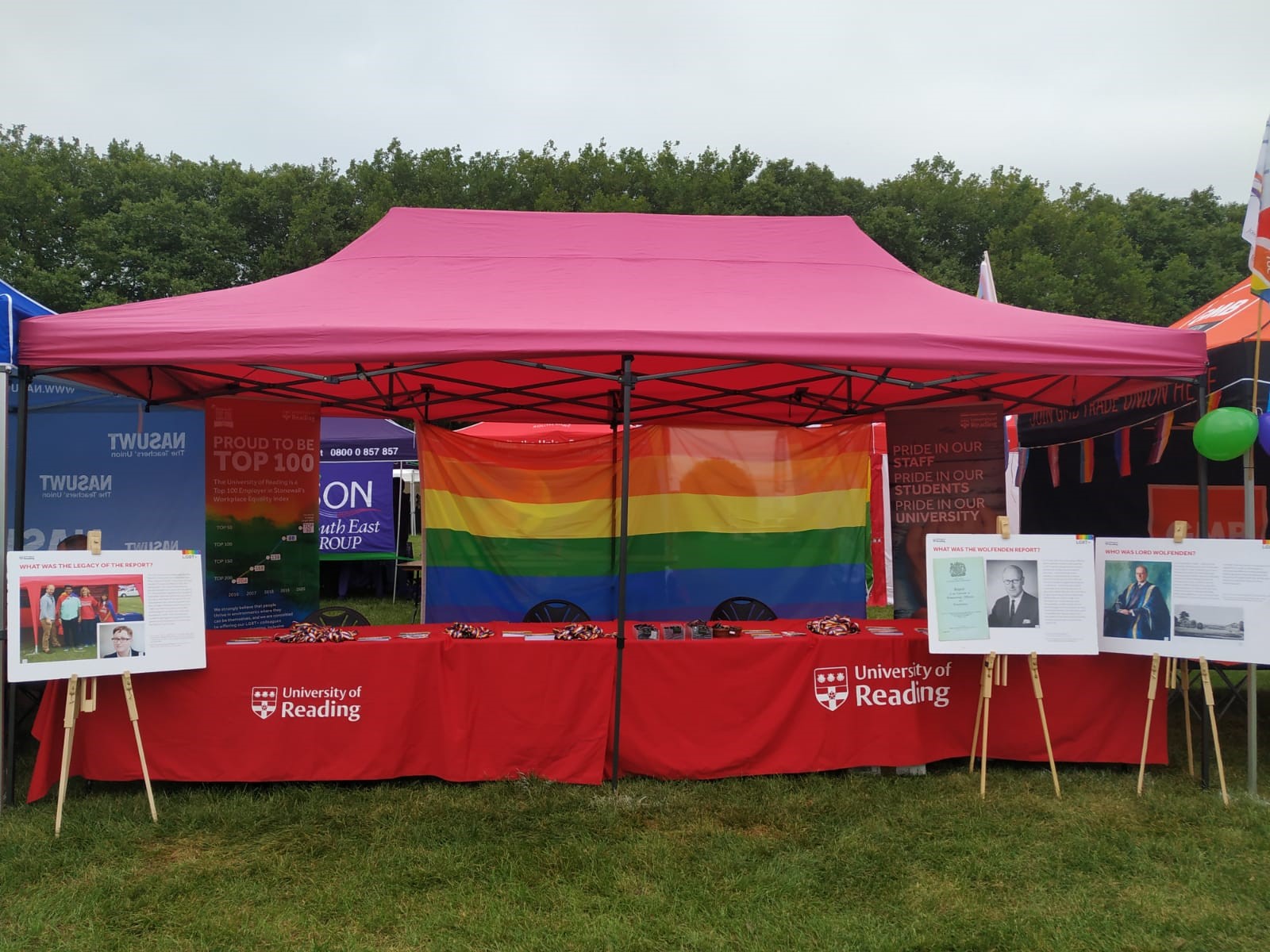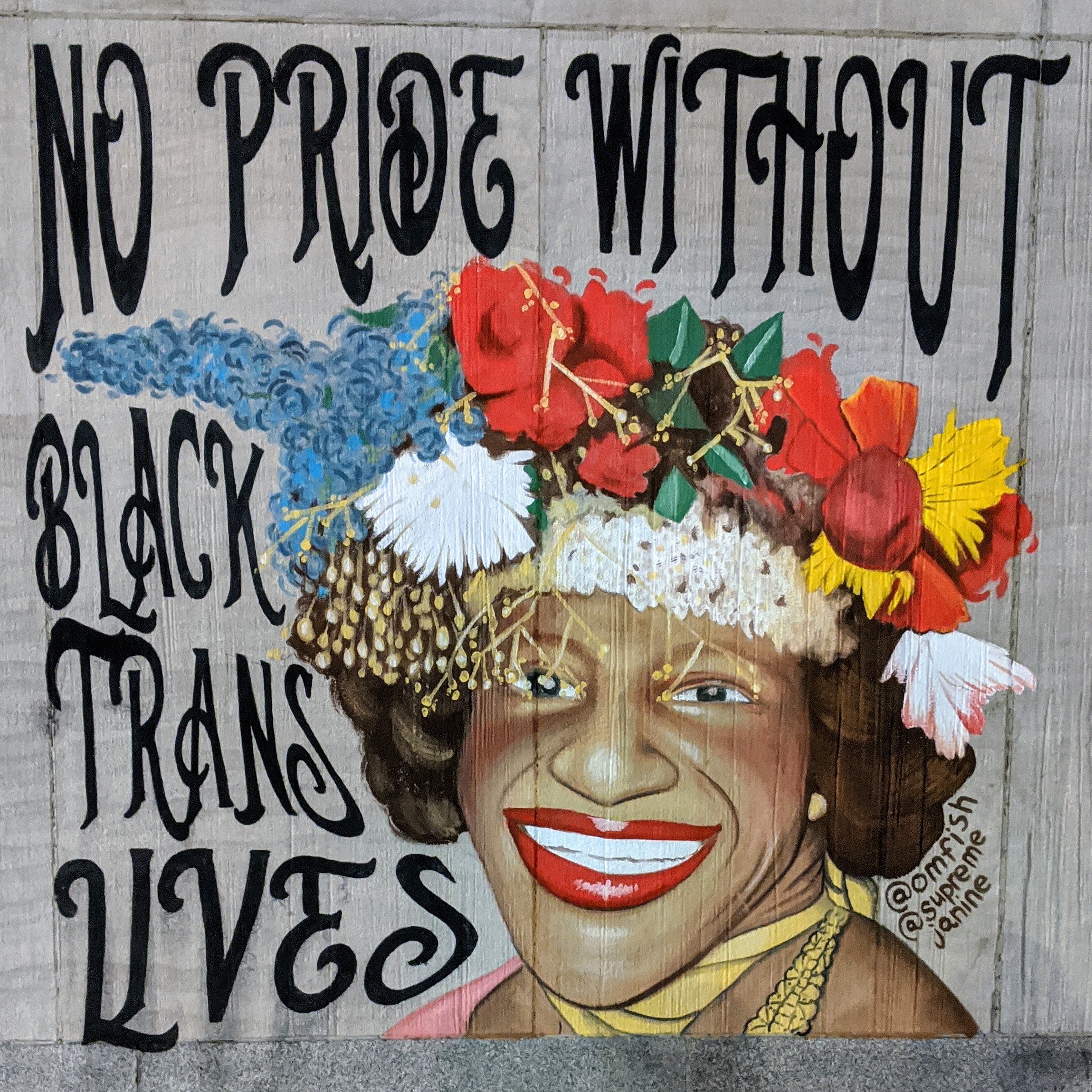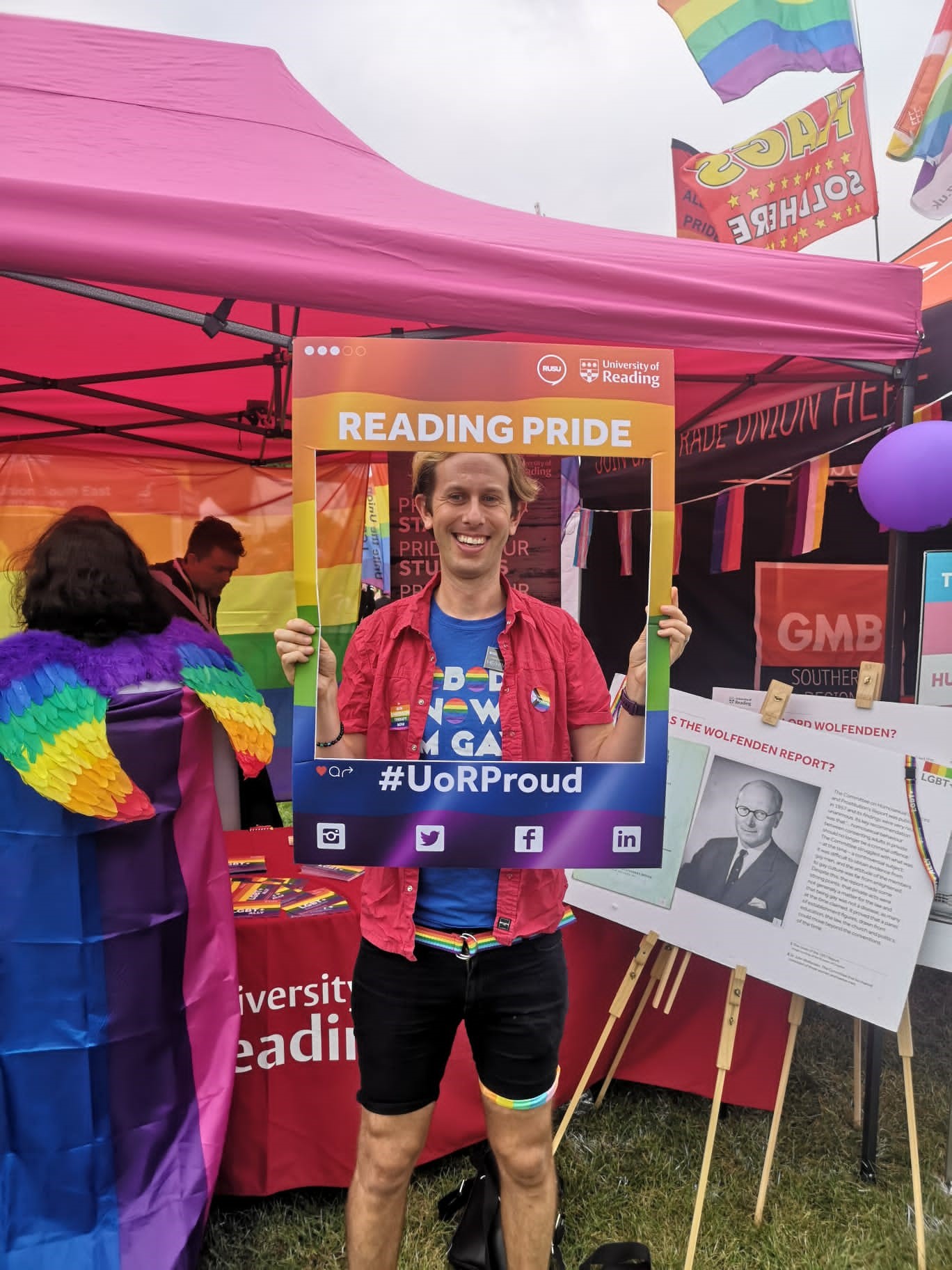
October is Black History Month and this year’s theme is Proud To Be. The campaign is aiming to make Black History Month 2021 unique and personal to individuals, families and communities. In addition to this aim, this theme also focuses on the achievements and contributions of Black people throughout history.
At the University of Reading, we are proud to be celebrating Black History Month and continuing conversations around race beyond just the month of October. In this blog piece, we’ve compiled a list of resources in various formats that encourage thinking and discussions on race for more than just a month.
Books
on Black British History:
- Black History Month 2021 – Reading Borough Libraries
- Black and British – David Olusoga
- Natives: Race & Class in the Ruins of Empire – Akala
- Staying Power: The History of Black People in Britain – Peter Fryer
on Anti-Racism:
- Why I’m No Longer Talking to White People About Race – Reni Eddo-Lodge
- So You Want To Talk About Race – Ijeoma Oluo
- The Good Ally – Novara Reid
On Race:
- Afropean: Notes from Black Europe – Johnny Pitts
- Biracial Britain: A Different Way of Looking at Race – Remi Adekoya
- Brit(ish): On Race, Identity and Belonging – Afua Hirsh
- In Black and White: A Young Barrister’s Story of Race and Class in a Broken Justice System – Alexandra Wilson
- Mixed/Other: Explorations of Multiraciality in Modern Britain – Natalie Morris
Podcasts
- Arts and Ideas (Black British History, Darwin’s Descent of Man, Women and Slavery, What Does a Black History Curriculum Look Like? episodes)
- Bricks and Mortals
- Human Resources
- Manifesto by Bernadine Evaristo
- Vent documentaries: Young people from one London Borough, telling stories they care about
- The Rest is History (Decolonising Africa and The East India Company episodes)
- The Wonder House
- White Mischief
American Podcasts:
- 1619
- Teaching While White
- Be AntiRacist
- Renegades in the USA – Barack Obama and Bruce Springsteen talking about a range of topics, including racism
Videos about Black British History:
- Alt History: Black British History We’re Not Taught in Schools – BBC Stories – YouTube
- Akala x Black British History : An Introduction – Part 1 – YouTube
- Black Power: A British Story of Resistance – BBC – YouTube
- Black Women’s Radical Resistance in Britain – YouTube
- Britain’s Windrush veterans: the battle to be British – YouTube
Videos about Anti-Racism:
- What happens when I try to talk race with white people – YouTube
- What Is Privilege? – YouTube
- Deconstructing White Privilege with Dr. Robin DiAngelo – YouTube
- 5 Tips For Being An Ally – YouTube
Resources & events:
- Reading’s Slave Links – a FREE exhibition as part of Reading International Festival, 11.Oct – 12.Nov, at RISC
- enei Employers Guide to Race and Employment
- The Race Equality Matters Tea Break Workshop – Zoom (recorded webinar)
- Roundtable: How has #BLM shaped our organisations (enei.org.uk)
Other resources:
- Scaffolded Anti-Racist Resources – Google Docs
- Race and Mental Health Toolkit (canva.com)
- Building a multi ethnic inclusive Antiracist Organisation (toolkit)










